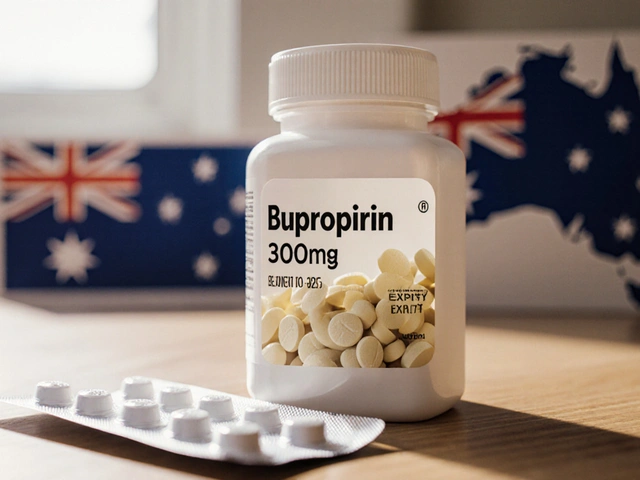Immune System: Simple, Practical Steps You Can Use Today
Your immune system fights billions of germs every day. Small choices add up — sleep, food, movement, and a few smart medical steps make a big difference. This page gives plain, useful actions you can start right away.
Everyday habits that actually help
Sleep matters more than most people think. Aim for 7–9 hours nightly. Poor sleep lowers your immune cells' ability to react to infections, so regular bedtimes and a cool, dark room help more than expensive supplements.
Eat for immune function. Focus on protein (eggs, beans, fish), colorful veggies and fruit (bell peppers, citrus, berries), leafy greens, nuts, and seeds. These give vitamin C, zinc, and other nutrients your immune cells need. Cut back on sugar-heavy junk — big sugar spikes can weaken some immune responses for hours.
Move your body. Moderate exercise — brisk walking, cycling, or a 30-minute routine most days — improves circulation and the surveillance work your immune system does. Avoid pushing into long, intense training without recovery; very heavy exercise can temporarily lower resistance to bugs.
Manage stress. Long-term stress raises inflammation and wears down defenses. Try short breathing breaks, a quick walk, or a hobby that relaxes you. Small daily habits that reduce stress add up faster than occasional big efforts.
Keep up basic hygiene and vaccines. Good handwashing, staying home when sick, and following vaccine recommendations (seasonal flu, COVID boosters, and others your doctor suggests) are practical ways to prevent infections rather than trying to treat them later.
When to see a doctor and smart use of supplements
See a clinician if you get frequent infections, have slow-healing wounds, unexplained weight loss, or fevers that won’t go away. These can signal that something else is going on. Don’t rely on internet tests or guessing.
Supplements can help in specific situations. Check vitamin D levels — many people are low, and a doctor can advise a dose. Zinc lozenges may shorten a cold if taken early. Vitamin C is safe in moderate doses but won’t replace good sleep and nutrition. Probiotics help gut health for some people, but pick strains backed by studies for your issue.
If you have an autoimmune disease or take medicines that affect immunity, don’t try to “boost” your immune system on your own — that can make things worse. Talk to a specialist before adding anything new.
Quick checklist to follow this week: sleep 7+ hours, add one extra serving of vegetables, walk 30 minutes on three days, and check vaccine status. These four steps cover most of the practical gains without drama.
Want deeper guides on specific nutrients, medicines, or immune-related conditions? Browse articles on this site or ask a healthcare pro for tailored advice. Small changes today mean fewer sick days tomorrow.
I recently discovered Black Horehound, a powerful herb that can significantly boost your immune system and overall well-being. This secret weapon, native to Europe and Asia, has been used for centuries for its medicinal properties. It's packed with essential nutrients, antioxidants, and anti-inflammatory agents that promote a healthy immune response. Incorporating Black Horehound into your daily routine can help you fight off colds, flu, and other illnesses. I highly recommend giving this amazing herb a try to experience its incredible health benefits firsthand.
Read more






